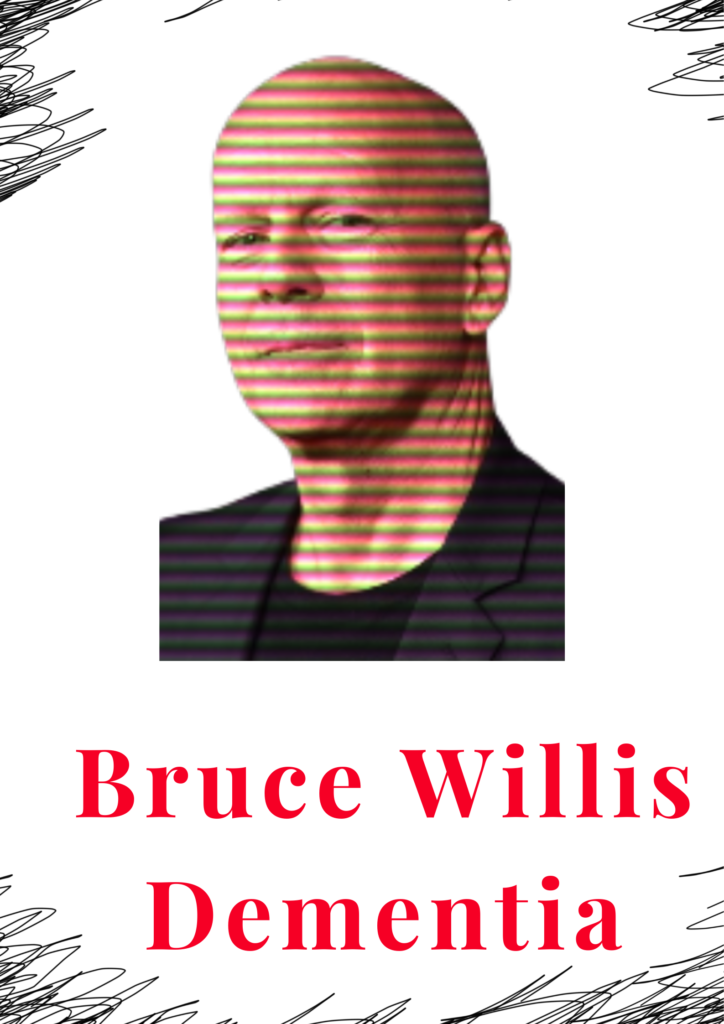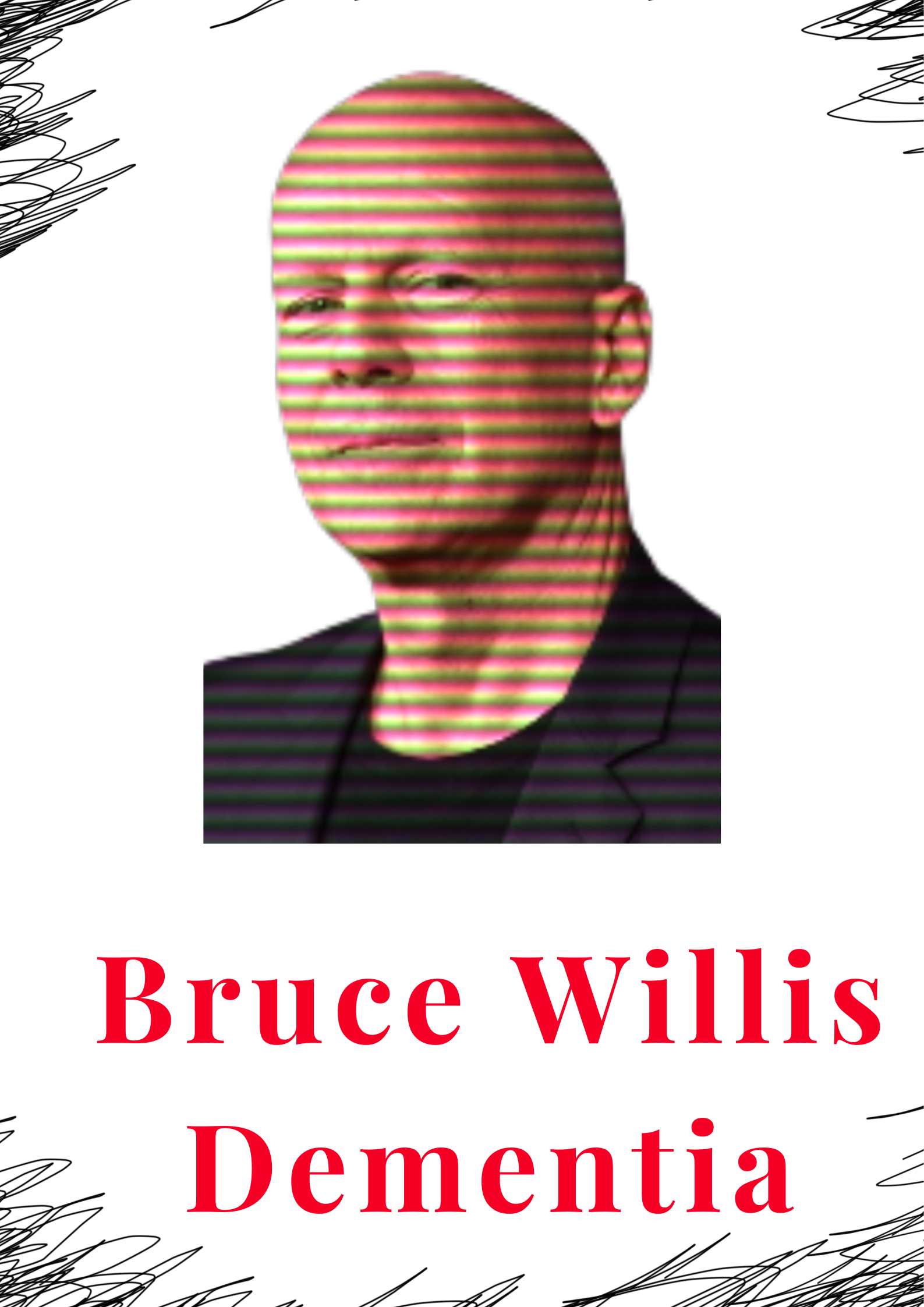Bruce Willis, a Hollywood legend known for his iconic roles in films like Die Hard, The Sixth Sense, and Armageddon, has recently made headlines due to his struggle with dementia. The 67-year-old actor was reportedly diagnosed with the degenerative brain disorder in 2018, and has since been open about his experience with the disease.

Dementia is a general term that refers to a decline in cognitive function that interferes with daily activities. Alzheimer’s disease is the most common cause of dementia, accounting for 60-80% of cases. Other types of dementia include vascular dementia, Lewy body dementia, and frontotemporal dementia.
According to Willis, he first noticed symptoms of his dementia in the form of memory loss and difficulty remembering lines while filming movies. In an interview with People magazine, he stated, “I have no memory of being able to memorize things anymore. I had to relearn how to tell time. Everything is a new challenge.”
Willis also shared that he has been undergoing treatment and therapy to manage his symptoms, including cognitive exercises and brain training activities. He has also been open about the emotional toll that dementia has taken on him, saying that it is a “terrifying” disease.
Dementia is a progressive disease, which means that symptoms tend to worsen over time. As the disease advances, individuals may experience difficulty with language, motor skills, and coordination. They may also experience changes in mood and behavior, including depression, anxiety, and aggression.
Although there is currently no cure for dementia, there are medications and lifestyle interventions that can help manage symptoms and improve quality of life. Medications such as cholinesterase inhibitors and memantine can help improve memory and cognitive function, while lifestyle interventions such as regular exercise, a healthy diet, and social engagement can also be beneficial.
In addition to these treatments, individuals with dementia and their families can also benefit from support and resources provided by dementia organizations and support groups. These resources can provide information on the disease, help manage symptoms, and offer emotional support to those affected by the disease.
Bruce Willis’ decision to go public about his experience with dementia has brought greater awareness to the disease and the challenges that it presents. His openness and vulnerability have also helped to destigmatize dementia and encourage others to seek help and support for themselves and their loved ones.
In conclusion, dementia is a devastating disease that affects millions of people around the world, including Hollywood celebrities like Bruce Willis. Although there is no cure for the disease, there are treatments and resources available to help manage symptoms and improve quality of life. By raising awareness and promoting support, we can work towards a future where dementia is no longer a source of fear and isolation, but one of compassion and understanding.
